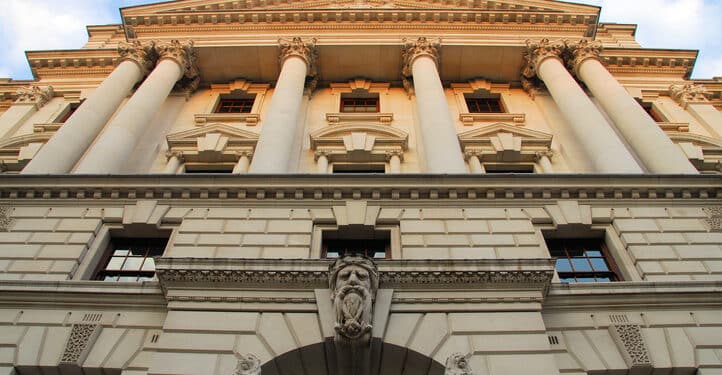A new article published by the UK think tank the Royal United Services Institute (RUSI) argues that the implementation of whistleblower awards in the UK would transform the country’s sanctions enforcement regime.
The article, by RUSI researcher Eliza Lockhart, details the importance of whistleblowers in exposing corporate fraud, noting that “insider disclosures have repeatedly succeeded where institutional oversight failed.”
Lockhart argues that sanctions evasion is an area where whistleblowers are particularly powerful, writing that “in this ever-shifting cat-and-mouse game, enforcement agencies often find themselves in the dark, a challenge compounded by their lack of resources.”
Lockhart then traces the differences in whistleblower systems between the UK, where there has long been a resistance to awarding whistleblowers, and the US, where whistleblower award programs have led to billions of dollars in enforcement actions.
According to Lockhart, the implementation of whistleblower awards for sanctions whistleblowers in the UK “could underpin the UK government’s goal ‘to give sanctions bite.’” She further writes that “to gain the inside advantage, the UK needs a legal framework that moves sanctions whistleblowers from the margins to the mainstream because, without eyes on the inside, even the most ambitious sanctions regime is blind.”
Over the past year, the UK has signaled an interest in instituting whistleblower awards. The head of the UK’s Serious Fraud Office (SFO), Nick Ephgrave, has repeatedly stated his interest in offering whistleblower awards in a way modeled off the highly successful whistleblower programs in the United States.
On June 3, Members of Parliament in the United Kingdom spoke about the need for the country to offer whistleblower awards to corporate insiders during a debate on the SFO.
“First, I strongly welcome the SFO’s commitment to progressing a new incentivisation scheme on whistleblowing. In the United States, such schemes have unlocked more than $50 billion in recoveries, and significant numbers of UK whistleblowers have contributed tips to US authorities because the scheme incentivises them more than if they did so here. It is beyond time that the UK had a comparable mechanism, and I hope that the Government will look at ways to develop a properly resourced whistleblower reward scheme.”
In December, Lockhart authored a landmark RUSI report calling for a whistleblower award program in the UK. The RUSI report examines the successes of U.S. whistleblower award programs and states that the United Kingdom should end its “long-held antipathy” towards paying whistleblowers because such a program could play a “pivotal role” in reducing white-collar offences.
Further Reading:
Rethinking Whistleblowing in the Age of Global Sanctions
In Major Breakthrough, UK Think Tank Calls for Whistleblower Awards




